Year 2016 face_with_colon_three
Stem cell breakthrough grows new cornea material that restores some sight to blind rabbits in an experiment.
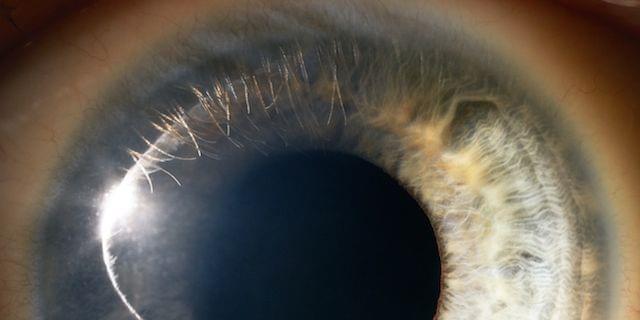
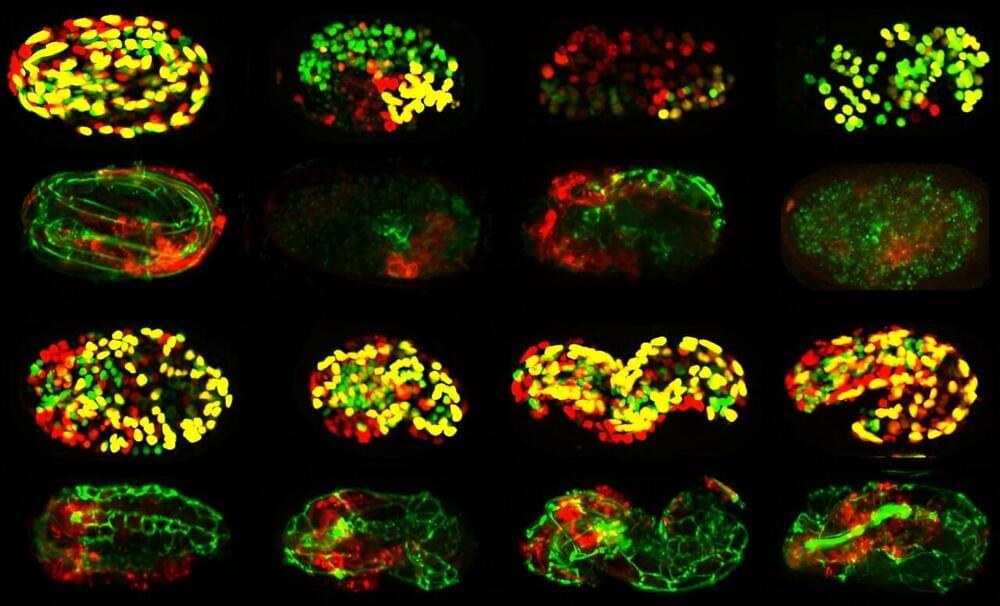
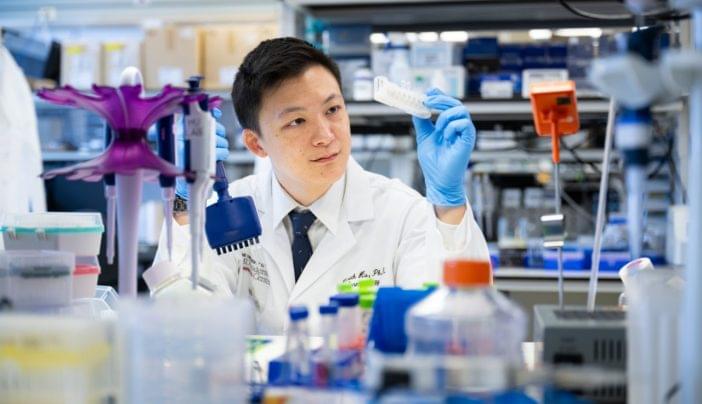
Researcher Kenneth Hu, Ph.D., runs an immunology lab studying cell-to-cell interactions in the tumor microenvironment and how that dictates the body’s response to immunotherapy. Here, he shares how he got started in the field and how he hopes his research will influence future advances in cancer immunotherapy.
ESA’s newly graduated astronauts reach the end of one year of rigorous basic astronaut training. Discover the journey of Sophie Adenot, Rosemary Coogan, Pablo Álvarez Fernández, Raphaël Liégeois, Marco Sieber, and Australian Space Agency astronaut candidate Katherine Bennell-Pegg. Selected in November 2022, the group began their training in April 2023.
Basic astronaut training provides the candidates with an overall familiarisation and training in various areas, such as spacecraft systems, spacewalks, flight engineering, robotics and life support systems as well as survival and medical training. They received astronaut certification at ESA’s European Astronaut Centre on 22 April 2024.
Following certification, the new astronauts will move on to the next phases of pre-assignment and mission-specific training — paving the way for future missions to the International Space Station and beyond.
Credits:
Video: ESA — European Space Agency.
ISS and EVA footage: ESA/NASA
Music: Scorekeepers.
★ Subscribe: http://bit.ly/ESAsubscribe and click twice on the bell button to receive our notifications.

Prime editing, a mightier version of CRISPR/Cas9 technology, has been part of rigorous research and development in recent years. Now, U.S. regulators have greenlit the first-ever clinical trial for this technology.
Massachusetts-based Prime Medicine received the go-ahead from the U.S. Food and Drug Administration (FDA) after preclinical data showed that its candidate was able to correct mutations in chronic granulomatous disease (CGD).
CGD is a rare condition and affects around one in 200,000 people worldwide. It is caused by mutations in any of the six genes that code for the molecule nicotinamide adenine dinucleotide phosphate (NADPH), which is responsible for carrying electrons within cells. White blood cells called phagocytes don’t function properly, and as a result, they fail to protect the body from bacterial and fungal infections.
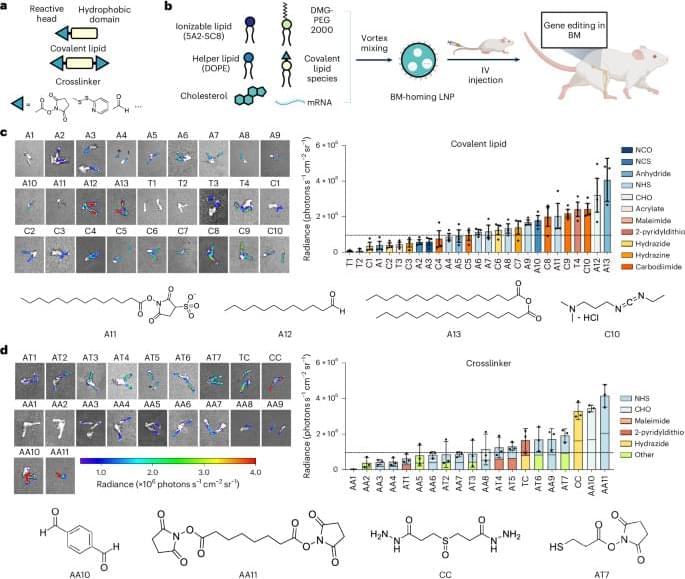
The ability to genetically modify haematopoietic stem cells would allow the durable treatment of a diverse range of genetic disorders but gene delivery to the bone marrow has not been achieved. Here lipid nanoparticles that target and deliver mRNA to 14 unique cells within the bone marrow are presented.
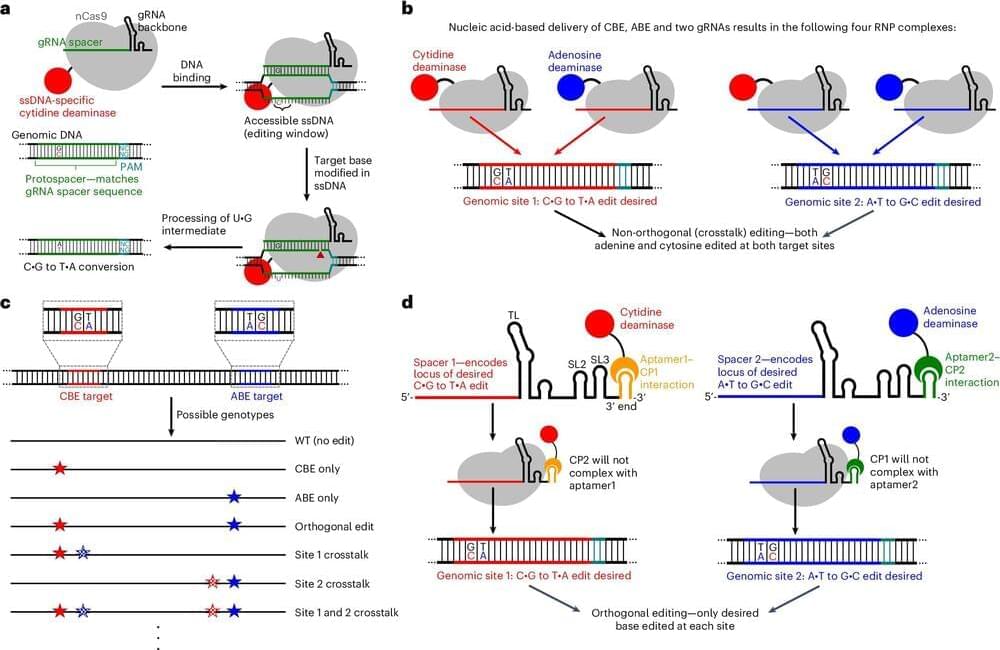
The human genome consists of around 3 billion base pairs and humans are all 99.6% identical in their genetic makeup. That small 0.4% accounts for any difference between one person and another. Specific combinations of mutations in those base pairs hold important clues about the causes of complex health issues, including heart disease and neurodegenerative diseases like schizophrenia.

In a stunning scientific feat in the field of cryonics, a team from Fudan University in Shanghai achieved a monumental breakthrough by successfully reviving a human brain that had been frozen for as long as 18 months. This record breaking achievement not only shatters previous records in cryogenic technology but has also been published in the esteemed academic journal Cell Reports Methods.
The team led by Shao Zhicheng created a revolutionary cryopreservation method, dubbed MEDY, which preserves the structural integrity and functionality of neural cells, allowing for the preservation of various brain tissues and human brain specimens. This advancement holds immense promise not only for research into neurological disorders but also opens up possibilities for the future of human cryopreservation technology.
Professor Joao Pedro Magalhaes from the University of Birmingham K expressed profound astonishment at the development, hailing the technology’s ability to prevent cell death and help preserve neural functionality as nothing short of miraculous. He speculated that in the future, terminally ill patients could be cryopreserved, awaiting cures that may emerge, while astronauts could be frozen for interstellar travel, awakening in distant galaxies.
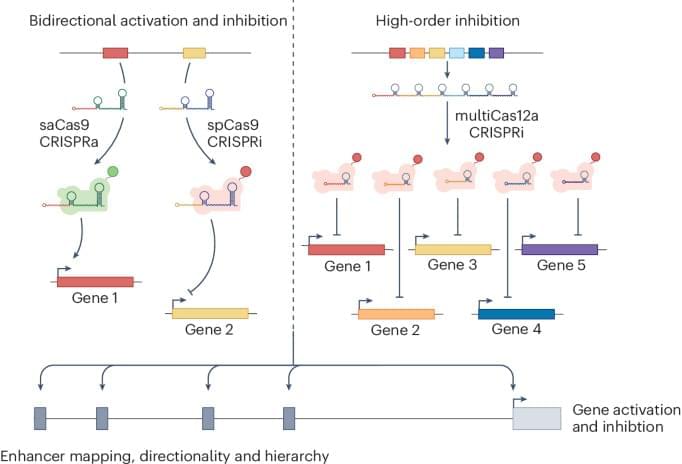

I found this on NewsBreak:#Publichealth #Computerscience #AI
AI holds the potential to help doctors find early markers of disease and policymakers to avoid decisions that lead to war. But a growing body of evidence has revealed deep flaws in how machine learning is used in science, a problem that has swept through dozens of fields and implicated thousands of erroneous papers.